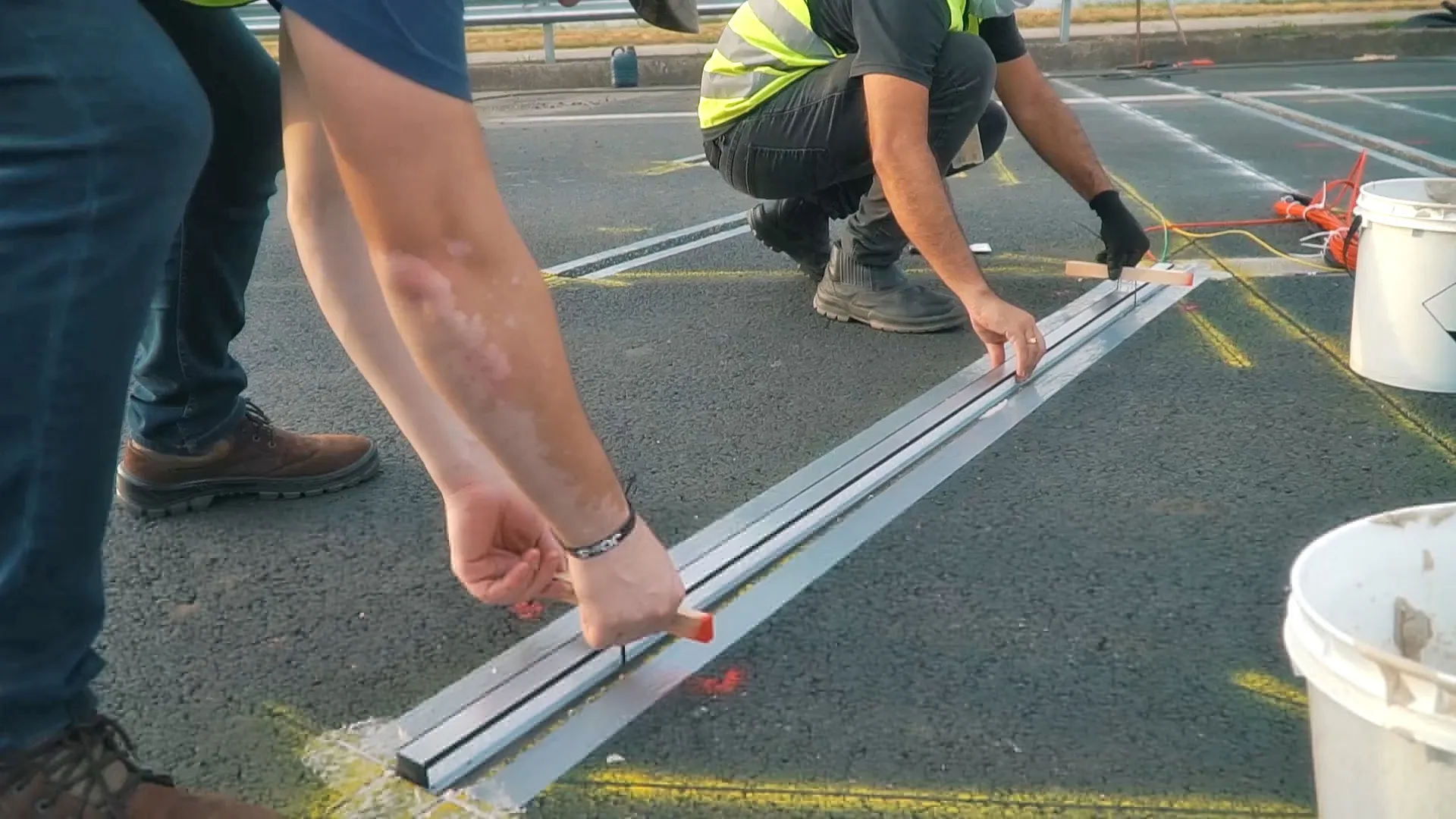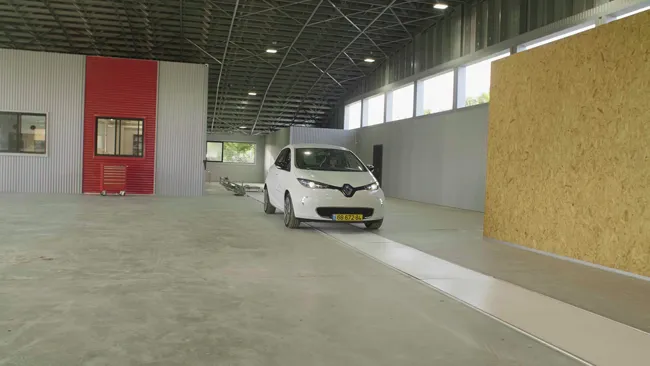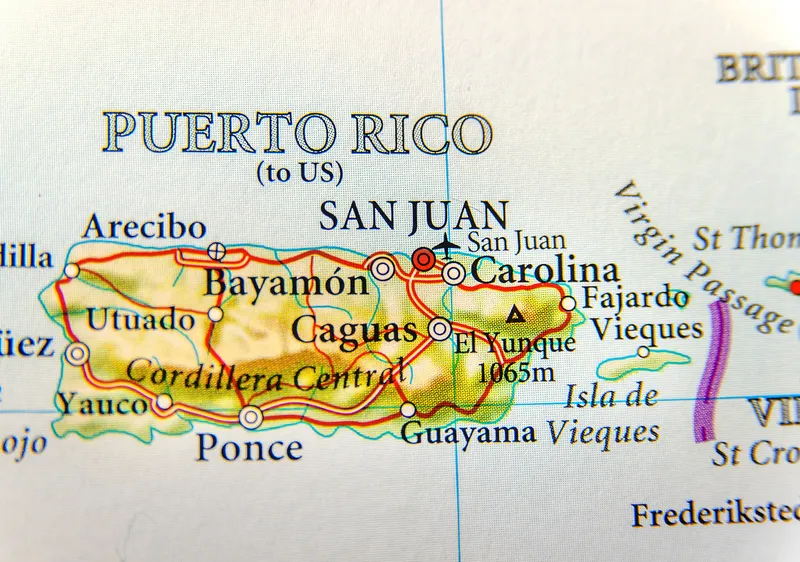
The Ukraine is working to set up 250 weigh-in-motion stations by 2025 in an effort to tackle rapidly increasing road damage by over-weight vehicles.
Already, 45 WiM stations – around half of them using Kistler’s Lineas quartz WIM sensors - have been set up on crucial transport routes across the Ukraine.
The WiM stations allow Ukrainian authorities to automatically fine overloaded trucks. In addition, authorities will be able to analyse the data to help predict when a given road surface will need replacement or where further infrastructure development might be beneficial.
According to infrastructure experts, the impact of each truck on the road surface grows exponentially with its weight per axle by the power of four. This means that a truck with three axles weighing 30 tonnes affects the infrastructure almost three times as much as a vehicle with a load of only 25 tonnes.
In the Ukraine, the rapid decay of road surfaces has long been a major issue for Ukravtodor, the state agency responsible for maintaining the country’s major roads. Wheel ruts, cracks, potholes and other types of road damage are a common sight, especially on major Ukrainian transport routes where it is estimated that almost every second truck is too heavy.
Almost immediately after a road has been constructed or repaired, damages start to appear. In the capital Kiev, the problem is most acute. About 40 per cent of all trucks on the road around the city are either overweight or violate size restrictions.
On the agency’s website, Oleksandr Kubrakov, chairman of Ukravtodor comments that if everything is left as it is, a newly constructed road’s lifespan is a mere two years. To prevent this scenario, the national government launched a campaign to combat weight violations on Ukrainian roads that includes large-scale introduction of weigh-in-motion stations to back up the government’s resolve.
They weigh all passing vehicles without disrupting traffic and transmit the data to a control cabinet by the road for analysis. If the vehicle is too heavy, a camera automatically takes a picture of the license plate and sends the collected information to the local authorities, who will then fine the offending driver or logistics company.
Kistler says that the Ukraine is not the first eastern European country to install its WiM technology on a large scale to reduce the number of overloaded vehicles. “We have been providing WiM systems for direct enforcement in countries like the Czech Republic, Russia and Hungary for several years now,” says Tomas Pospisek, regional manager for Eastern Europe within the Traffic Solutions business at Kistler Group.
“Combined with our expertise in collecting and analysing data from the sensors, our practical experience has allowed us to build a complete system that is very precise and reliable. All its components are streamlined and work hand in hand,” says Pospisek.
Kistler specialises in piezoelectric sensors, a measurement technology that stands out for its longevity and accuracy even in tough conditions such as high temperatures or fast traffic. “Over the past 20 years, we have continuously made our products more and more accurate to enable direct enforcement. Now we can offer an accuracy around 2 per cent with our KiTraffic Digital System,” says Pospisek.
Heavy vehicles not only damage roads, they are also a serious safety hazard, explains Pospisek. The braking distance of a truck that is 25 per cent over the maximum recommended weight is twice as long compared to a vehicle loaded according to regulations.
In critical situations, this can be fatal to the driver and other road users. Pospisek says that if logistics companies move more goods than permitted per truck, they create unfair market conditions. Otherwise law-abiding companies will then want to do the same to keep pace with the lawbreakers. This is all to the detriment of public finances, other drivers and, eventually, themselves as construction sites and closed roads and bridges lead to traffic delays.
Kistler was founded in 1959 and develops, manufactures and distributes sensors for measuring pressure, force, torque and acceleration, as well as electronics and software. The company is based near Zurich in Switzerland and specialises in piezoelectric and piezoresistive measurement technology. It has more than 30 group companies and operates in more than 30 countries.









